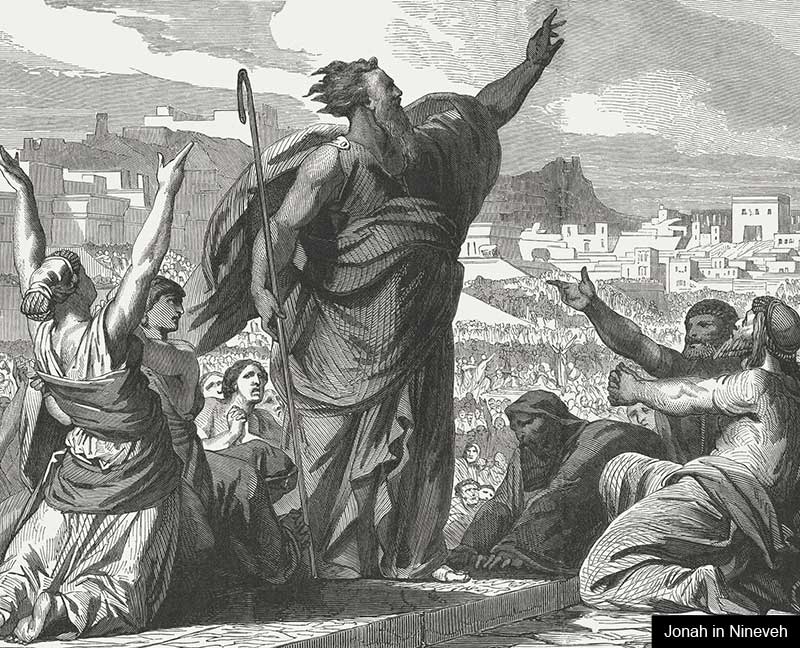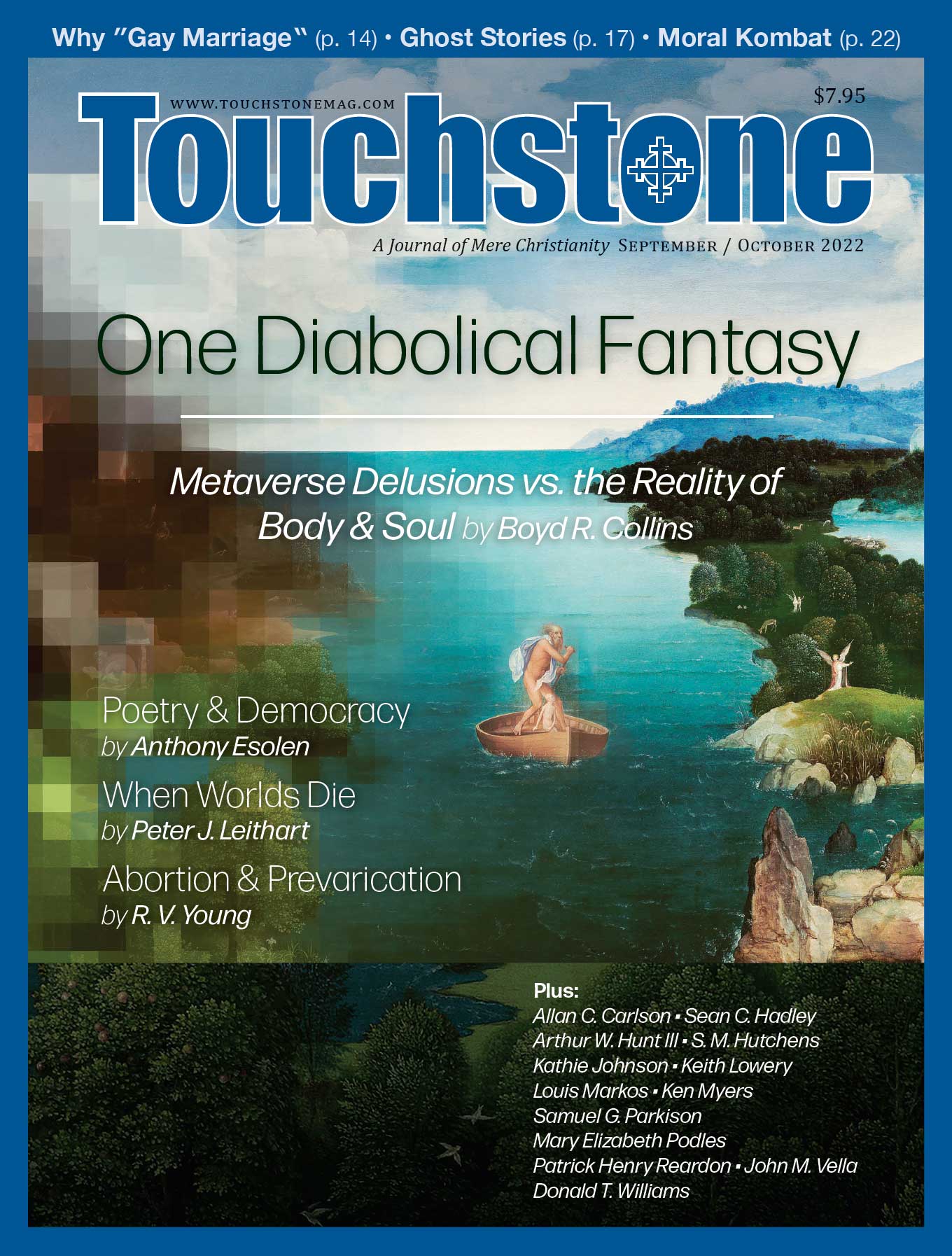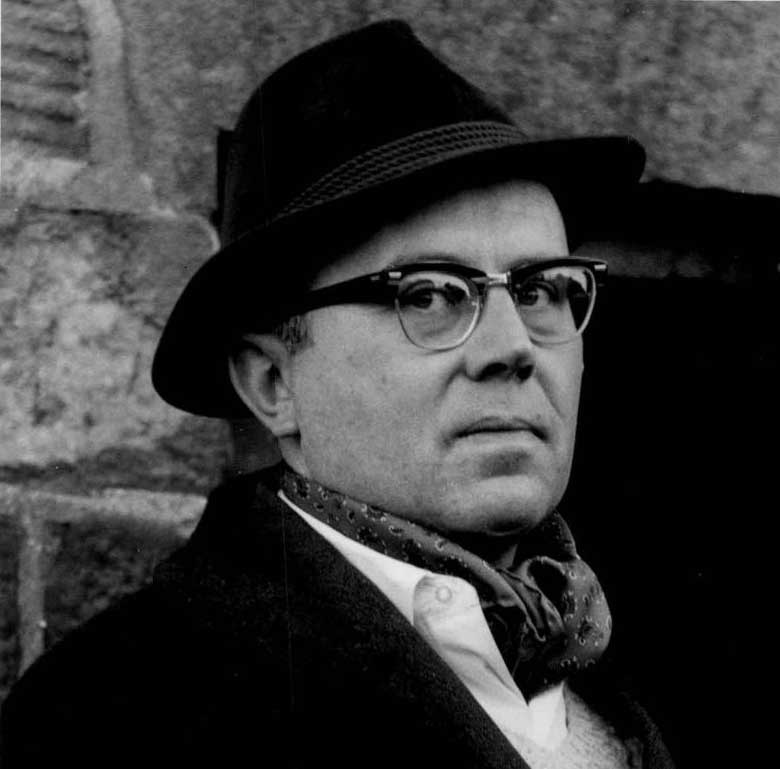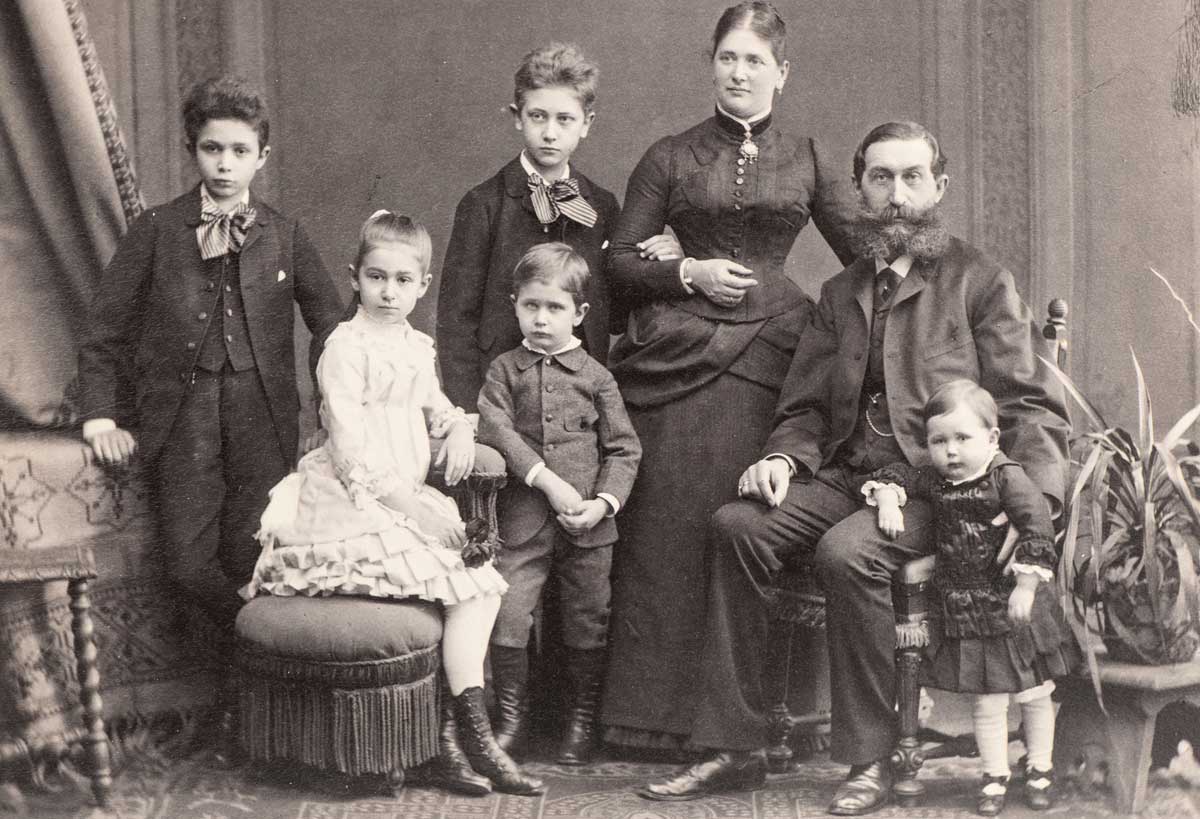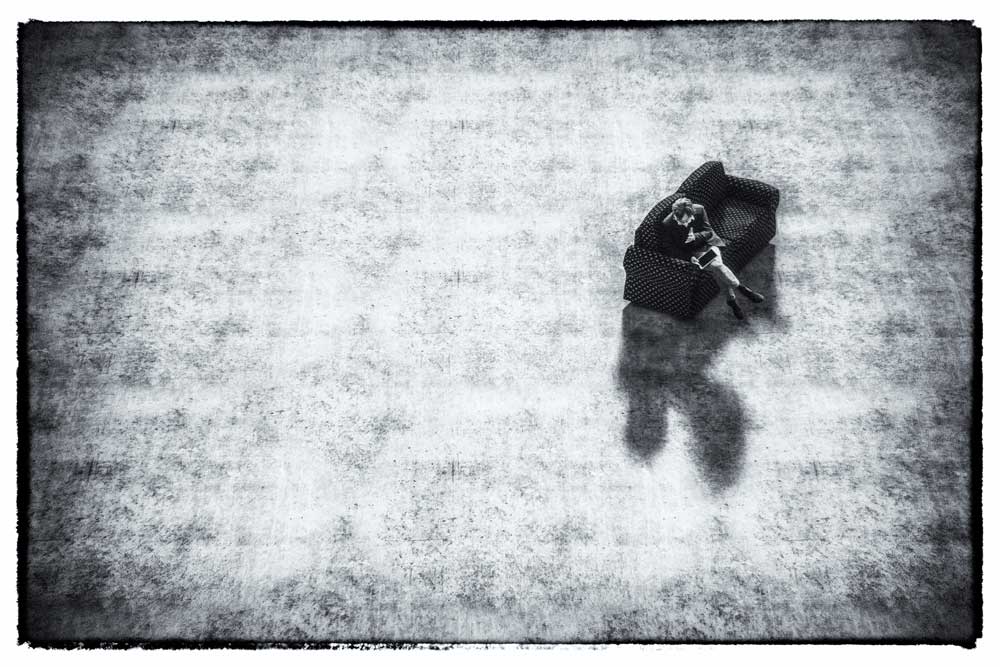The Innocents of Uvalde
“Religion” Is Not the Right Response to Such Evil
On May 24, 2022, an enraged high-school student entered an elementary school in Uvalde, Texas, and shot to death nineteen students and two teachers. As might be expected, when this became known by the media and political figures, we were exposed to the customary and expected high hand-wringing and dubious “in our prayers” promises from people trying to make sense of it and, even worse, proposing solutions, or at least ameliorations, to the social conditions which have made such occurrences increasingly common.
In these emotional expiations, the name of God was frequently invoked. We were asked, as we always are in the wake of such tragedies, where he was when all this was happening, and were treated to the pitiable spectacle of the President of the United States—a “devout Catholic” who has used every opportunity to support the killing of infants in the womb—using the name of the Lord numerous times to demonstrate his seriousness and buoy up a message supporting his politics.
The news commentators were agreed that we have serious problems in a country where gratuitous violence is growing more common than it once was, and the graver among them agreed that the base problem was a moral and ethical degeneration of society that needed further analysis and treatment that went beyond more effective policing, treatment attacking the problem at its root, whatever that root might be. But even the best among these, captive to a world where to speak of God, except in vain, is at best bad manners and at worst an attempt further to divide the populace along religious lines, could hardly produce much more than an articulated moan.
Biblical theists, however, know where it all comes from, for they believe, in the words of the Prophet Jeremiah: “The heart is deceitful above all things and desperately wicked,” and that all our virtue-signaling is no more than “filthy rags” in the eyes of a God who cannot be deceived. Men are not “basically good” but “conceived in sin,” so we should not be surprised when that wickedness breaks through the surface of appearances and commits atrocities, for what was in the heart of Salvador Ramos, and for a horrible moment gained the whip hand over him, is in that of every man. Our teaching on this is clear.
No Lasting Cure Here
What, then, are we to do to effect a cure, or at least make things better, once we have come to the conclusion that the problem is moral andtherefore the solution must be in the amendment of morals? Should any serious Christian advertise that the resolution is in the return to religion, to attendance at church or synagogue with the catechetical inculcation of what is right and wrong in the domain of whatever sort of “God” is worshiped there?
To be sure, there will doubtless be fewer mass murderers if more of those who would otherwise receive their moral instruction from the internet supplement it with a bit of Sunday School which teaches that God loves them—but doesn’t give them anything they would feel any urgency to be saved from, God being so loving and accepting and all—that is, the common religion of liberal Judaism and Protestantism, of Pope Francis’s Catholicism, and Evangelicalism of the more ingratiating and celebratory kind, of moralistic therapeutic Deism in its nearly ubiquitous form, in which a God with no strong convictions saves nice people from excessive discomfort through the ministrations of an effete and gelatinous clerical class. (All else being fundamentalism.)
The Scriptures and those who follow them, on the other hand, offer no hope of a lasting cure from human depravity other than the establishment of the Kingdom of God, in which righteousness reigns. The Great Wound cannot be removed otherwise, and we Christians believe this future has been secured by the blood of the Messiah. This does not mean, however, that there is no hope of betterment offered by the God whom we have offended.
Repentance, Not “Religion”
The Book of Jonah speaks of the Assyrian city of Nineveh, which the Prophet has been sent to curse with destruction as punishment for its sins. When the patriotic Jew Jonah, anticipating the satisfactions of a hearty Schadenfreude, preachesthis to them, much against his will the king and his people are so struck with holy fear that they repent, thereby eliciting the inexpressibly remarkable reaction that the Holy One actually changes his mind on their behalf and repents (!) of his intention to destroy the city: “And should I not pity Nineveh, that great city, in which there are more than a hundred and twenty thousand persons who do not know their right hand from their left, and also much cattle?”
S. M. Hutchens is a senior editor and longtime writer for Touchstone.
subscription options
Order
Print/Online Subscription

Get six issues (one year) of Touchstone PLUS full online access including pdf downloads for only $39.95. That's only $3.34 per month!
Order
Online Only
Subscription

Get a one-year full-access subscription to the Touchstone online archives for only $19.95. That's only $1.66 per month!
bulk subscriptions
Order Touchstone subscriptions in bulk and save $10 per sub! Each subscription includes 6 issues of Touchstone plus full online access to touchstonemag.com—including archives, videos, and pdf downloads of recent issues for only $29.95 each! Great for churches or study groups.
Transactions will be processed on a secure server.
more on America from the online archives
more from the online archives
calling all readers
Please Donate
"There are magazines worth reading but few worth saving . . . Touchstone is just such a magazine."
—Alice von Hildebrand
"Here we do not concede one square millimeter of territory to falsehood, folly, contemporary sentimentality, or fashion. We speak the truth, and let God be our judge. . . . Touchstone is the one committedly Christian conservative journal."
—Anthony Esolen, Touchstone senior editor





